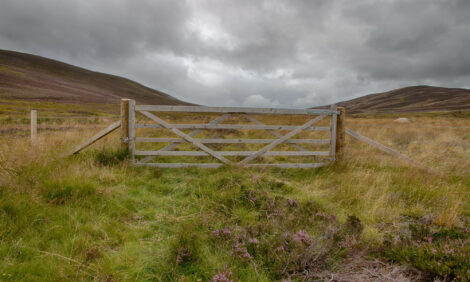



Meat-and-Bone Meal Would Cut Europe's Protein Deficit
UK - In view of improvements to feed safety and traceability, it is time to consider lifting the meat-and-bone meal (MBM) ban, say European Union farmers, renderers and feed manufacturers in a briefing document.They urge members of the European Parliament to review the ban on feeding meat and bonemeal — which they now call ‘Processed Animal Protein’
.
Pressing the case for non-cannibalistic feeding of meat-and-bone meal, they draw attention to the structural deficit of proteins in the European Union, where self-sufficiency has been less than 30 per cent since 2001, when the ban was introduced.
Finding other protein sources will reduce price volatility and European Union dependency on imports, say farmers organisation Copa Cogeca, and others.
Animal health and welfare on poultry farms might benefit from the reintroduction of non-ruminant processed animal protein, they believe.
“A substantial energy saving and reduction of CO2 emissions can be expected, coming from the increased use of locally produced proteins.”
The reintroduction of non-ruminant processed animal proteins would help cut the cost of pig and poultry production and thus reduce distorted competition from non-European countries where processed animal protein is allowed in diets.
Of over ten million animals tested for transmissible spongiform encephalopathy in 2008, only 125 were found positive and only nine of these were animals destined for the food chain.
In 2007, The European Food Safety Authority evaluated the bovine spongiform encephalopathy risk from the use of poultry meat-and-bone meal in pig feed and pig meat-and-bone meal in poultry feed and concluded that if an intra-species recycling ban is respected, the risk of transmitting BSE to non-ruminants or humans is negligible.
No naturally occurring transmissible spongiform encephalopathy, including BSE, has ever been detected in pigs and poultry.






